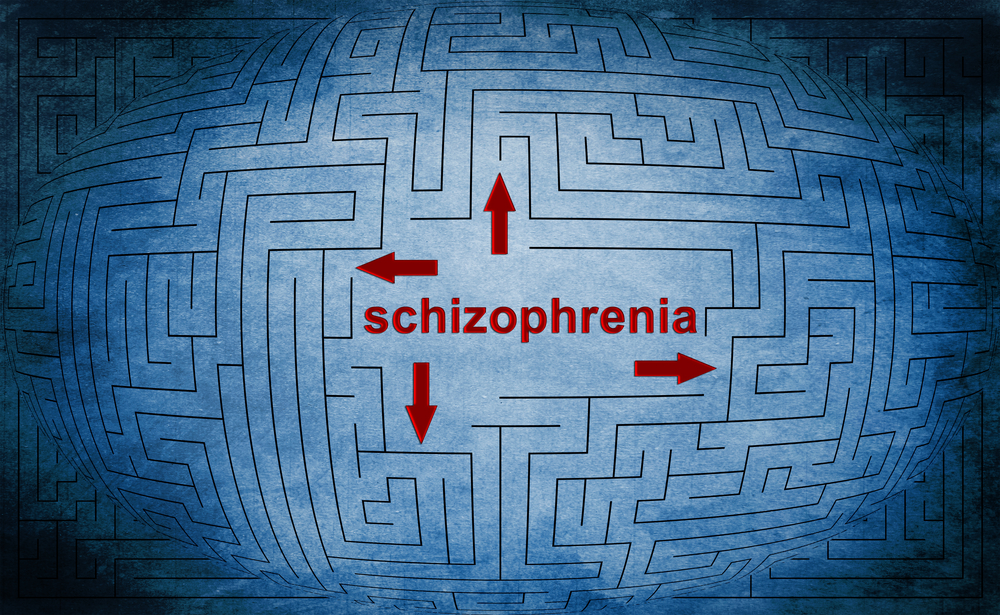Schizophrenia disability benefits
Does Schizophrenia Qualify For SSDI or SSI Disability Benefits?
The Social Security Administration (SSA) classifies schizophrenia as one of several psychiatric disorders that is eligible for disability benefits. In 2017, the SSA widened the field of schizophrenia disability benefits to include several related disorders: schizoaffective or schizophreniform disorder, schizotypal personality disorder, and medication or substance-induced psychotic disorders.

Schizophrenia is a lifetime diagnosis brain disorder; these symptoms typically first appear in early adulthood. Patients typically qualify for schizophrenia social security disability due to the severe nature of symptoms (delusions, breaks with reality, and hallucinations).
When you apply for schizophrenia disability benefits (SSDI), the SSA will need you to submit several items along with your application:
• Evidence proving a doctor has diagnosed you with schizophrenia or one of the above-mentioned related disorders. Diagnosis should be by a medical professional (psychiatrist or psychologist)
• Doctor’s notes showing that your schizophrenia is debilitating enough to keep you from working. If you take medication, you must show that symptoms are severe and uncontrollable even with medication. Documentation of hallucinations, delusions and irrational thoughts is good evidence to present to SSA.
• Proof that you’ve had the disorder for more than two years.
• Notes from all doctors, psychiatrists, psychologists and counselors—basically any professional you’ve seen
• Dates and descriptions of medical and psychological testing
• Dates and reasons for all hospitalizations
• Very important! List of all medications you’ve tried or take now, and whether they worked well for you (go back as far as you can remember)
The SSA approves most schizophrenia social security disability benefit claims because the disease is typically severe enough to cause severe work restrictions. If you cannot interact well with other employees, or have socially inappropriate behavior patterns, you’ll likely be approved. Additionally, if you have trouble remembering instructions or focusing on tasks, these are severe work limitations.
One thing that can hinder your ability to get schizophrenia disability benefits is failure to comply with your doctor’s treatment plan, particularly medication. SSA does not pay benefits to people who do not follow their prescribed medications.
The SSA has specific criteria outlined in its Blue Book listing. Schizophrenia is listed under section 12.03 with the spectrum of psychotic disorders. To qualify, you must suffer from one of these, either constantly or intermittently:
• delusions or hallucinations
• incoherent or illogical thoughts
• disorganized speech
• grossly disorganized behavior
• catatonic state (rigid muscles and unresponsiveness)
• emotional isolation and social withdrawal used to be a criteria, but is no longer listed
You must have persistent schizophrenia that has lasted at least two years and that is being treated by a medical professional. Patients living in a highly structured setting because of the schizophrenia disability will also qualify.
If you don’t meet these above criteria for the Blue Book listing, you might qualify on a medical-vocational allowance. You might not have debilitating medical symptoms, but your schizophrenia disability still prevents you from reasonably performing a job. You must prove your impairment is severe and persistent (expected to last at least 12 months) and that it prevents you from doing even unskilled work.
With a diagnosis, you can also qualify if your schizophrenia severely limits your functional ability:
• understanding
• remembering
• using information and applying knowledge
• interacting socially
• behaving appropriately in a social manner
• concentrating
• performing tasks
• adapting to change
You can qualify under the extreme limitation category, or as a “marked” limitation, defined as between extreme and moderate. These classifications are determined by the professional judgment of the SSA medical professional reviewing your schizophrenia disability claim.
The biggest reason why someone is denied a claim for schizophrenia disability benefits is lack of tying medical evidence to your inability to work. Showing that connection is key to being awarded disability benefits. If claims are done correctly, more than 80 percent of individuals with schizophrenia are approved for benefits.
If you don’t qualify for the SSDI program, you may qualify for a federal program designed for low or no-income individuals called SSI. This fund is designed to help disabled and elderly people with basic necessities of food, clothing and shelter. As a needs-based program, SSI has very low income requirements and very low asset requirements as well. Do you qualify for schizophrenia ssi disability benefits?
When filing a claim for complex conditions like schizophrenia, consider hiring an experienced disability attorney. Schizophrenia is a complicated disorder, and representing yourself to the SSA can be a challenge. An attorney can make sure you’re presenting the correct medical evidence and proof of work limitations on concentration, memory, and logical thinking. Because of the complex nature of these cases, it often takes a qualified disability attorney to make these arguments and properly represent you.
